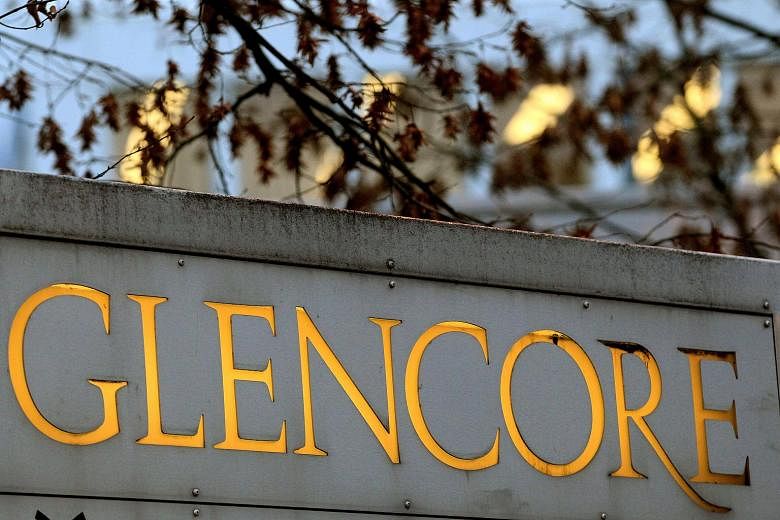HONG KONG (BLOOMBERG) - Hong Kong Exchanges & Clearing's long-term plan to be a second home for international companies took a knock this week, with two globally recognized companies pulling their listings from its bourse.
Glencore and Coach brand owner Tapestry Inc said in separate statements they would delist, with Glencore saying it was because trading in its Hong Kong stock was a fraction of the volume the shares see in London, where the world's biggest commodities trader has its primary listing.
Tapestry, which on Tuesday replaced the 'Coach' name on the ticker, also cited low volume, and said it would focus resources on its main listing in New York.
A lack of interest from investors in the former British colony is common to most of the companies that have a so-called secondary listing in Hong Kong. Among such stocks are Manulife Financial Corp, Central Asian miner KAZ Minerals Plc, and Japanese fashion designer Fast Retailing Co, according to data from HKEX. A short-lived and lightly traded secondary listing by Brazilian iron ore giant Vale SA ended last year. In each case, the local volume hasn't been close to matching the trading that's done on the company's primary exchange.
"It is difficult to see what benefits the secondary listings in Hong Kong have brought these companies," said Robert Cleaver, a corporate lawyer at Linklaters. "Trading tends to gravitate to the market where the most liquidity is, which is typically where the primary listing is."
Secondary listings reflect a time when investors were less global and wanted to hold and trade shares in their own markets, he said.
HKEX appears undeterred, and wants to expand the numbers of such listings. A June plan for a new trading venue proposed waiving rules that prevent Chinese companies from coming to Hong Kong after going public abroad. In recent years, mainland firms including Alibaba Group Holding and Baidu have chosen to have their shares traded in New York.

